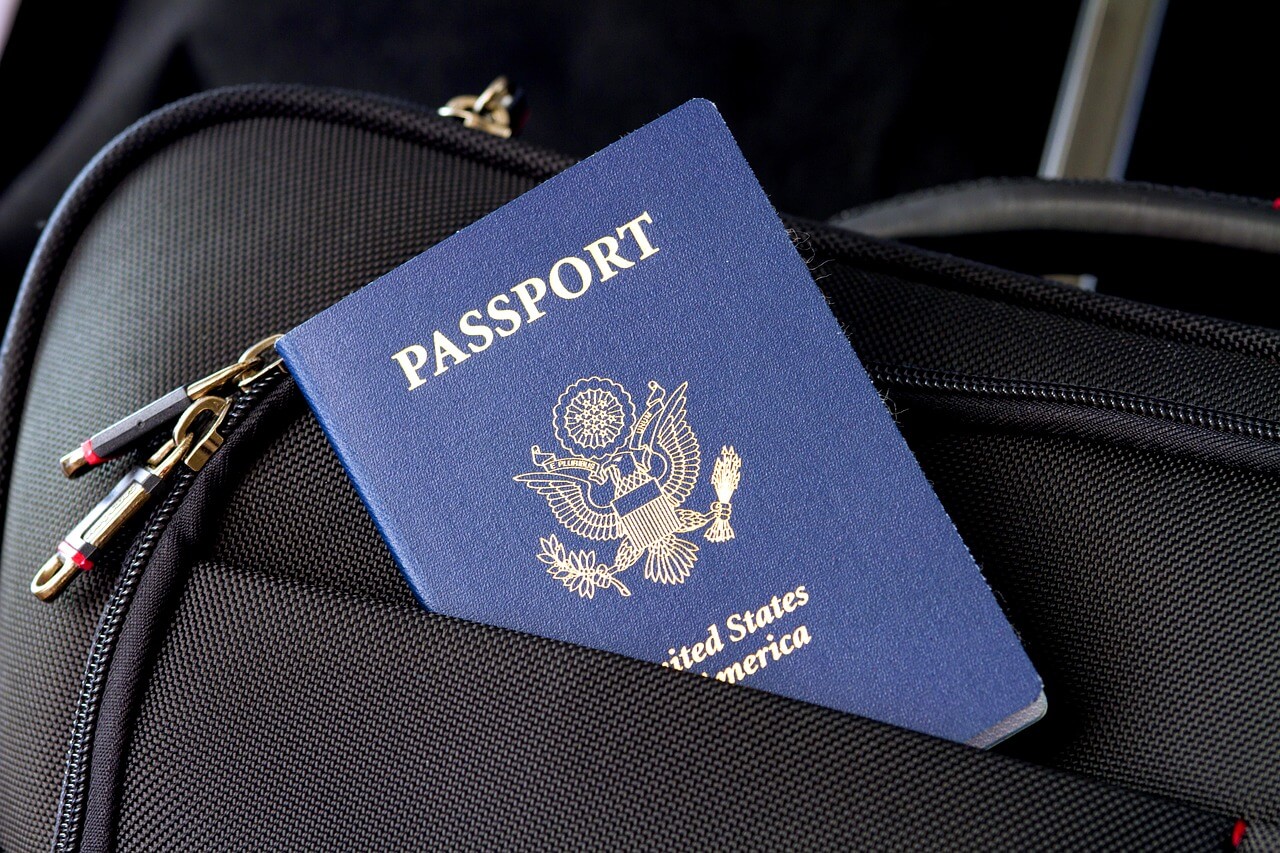When it comes to English language variations, American and British English are the most popular. Knowing their differences in spelling, grammar, and pronunciation is essential for any language learner.
English is the unofficial international language. It is the official language in 83 countries, and it is widely used in international institutions such as the United Nations, the World Health Organization, and World Economic Forum. And, in 2023, about 1.5 billion people worldwide spoke English. But why so?
The first wave of English language influence started with British Imperialism. Most of the countries that have English as one of their official language are former British colonies. However, its vast usage came after World War II, when the United States became the world leader in politics (which influenced the usage of English in international organizations), economy (American companies held the lead in international business for a long time), and media culture (as leaders in media technology the world grew accustomed of American movies, music, and TV shows).
And, with its two waves of influence, the debate between British English vs. American English started. While neither is superior to the other, knowing the difference between the two will help you be proficient and professional.
This blog post focuses on the differences between the two variations, offering you a clear picture of how spelling, grammar, and pronunciation can vary, as well as the impact these differences can have on communication in various contexts.
British vs. American English: Key Differences
America was a British colony, hence the use of English. However, after it gained independence and with the influence of immigrants coming from across Europe, it diverged from British English.
The biggest differences between British and American English are in spelling, grammar, and pronunciation. Understanding these differences can enhance communication and comprehension, especially when engaging with speakers from different regions.
Spelling differences
If English is not your first language, you may look confused when sometimes, in the same context, the word “fiber” is written as “fibre.” Or you may visit a country that says “travelling centre,” while in your Google search, you wrote “traveling center.”
Don’t worry, no one made a mistake, it is just the differences between British and American English. One of the main distinctions is the use of “-our” versus “-or.” For example:
- Colour (British) vs. Color (American).
- Favour (British) vs. Favor (American)
- Labour (British) vs. Labor (American)
Similarly, words like “centre” in British English become “center” in American English, changing “-re” to “-er.” Other examples include:
- Metre (British) vs. Meter (American)
- Theatre (British) vs. Theater (American)
Another difference is the use of “-ise” versus “-ize.” In British English, you might see “realise,” but in American English, it’s “realize.” Or:
- Organise (British) vs. Organize (American)
- Apologise (British) vs. Apologize (American)
Other notable changes include the doubling of consonants, like “travelling” (British) versus “traveling” (American), and differences in words like “defence” (British) and “defense” (American). These
These spelling variations can have a significant impact in global settings. In academic papers, using the correct spelling is important for clarity and professionalism. Similarly, in business communications, inconsistent spelling can lead to misunderstandings or seem unprofessional. Understanding these differences is essential for effective communication across different English-speaking regions.
Grammar and punctuation differences
Grammar in itself can be confusing. And when American vs. British English comes into effect, grammatical rules will be even harder to follow. The main differences lie in:
- The verb tenses and forms,
- Use of prepositions,
- Collective nouns, and
- Punctuation
For example, in British English, you might say, “I’ve just eaten,” while in American English, it’s more common to say, “I just ate.” This shows how the present perfect and simple past tenses are used differently. The difference in verb forms and tenses between the Brits and the Americans comes from the Americans’ tendency to simplify tense usage and employ a more direct approach.
Prepositions can also vary. In British English, people say “at the weekend,” but in American English, it’s “on the weekend.” This comes as British English uses “at” to refer to a time frame while American English uses “on.” Similarly, while a Brit would say “He plays in the basketball team,” an American would say “He plays on the basketball team.”
Collective nouns, which are words for groups, also have different uses. In British English, you might say, “The team are winning,” treating the team as a group of individuals. In American English, it’s usually “The team is winning,” treating it as a single unit. While the difference between the use of collective nouns comes from grammatical tradition and contextual emphasis, one of the main reasons is that American English prefers to treat collective nouns as singular nouns as it simplifies sentence structure.
Punctuation is another area with differences. In British English, single quotation marks are often used, while American English typically uses double quotation marks. At the same token, in British English, commas and periods often go outside the quotation marks, like:
She said it was “too late”, but I didn’t believe her.
In American English, however, they usually go inside:
She said it was “too late,” but I didn’t believe her.
These differences can affect writing style, so it’s helpful to know which version you are using!
Pronunciation variations
Certain words in American and British English sound quite different, which can sometimes make a learner wonder.
For example, the word “tomato” is pronounced as “tuh-MAH-toh” in British English and “tuh-MAY-toh” in American English. Another example is “advertisement.” In British English, it’s pronounced “ad-VER-tis-ment,” while in American English, it’s often pronounced “AD-ver-tise-ment.” These differences in pronunciation can make it challenging for listeners to understand each other.
The differences in pronunciation tend to come from the historical divergence of American English from British English, such as the shift of British English toward non-rhotic speech, while the Americans maintained rhoticity ( the “r” is pronounced clearly). The divergence is highly influenced by the influx of immigrants of different backgrounds in the U.S. and the Brits’ tendency to maintain prestige and social class by the use of language.
Intonation patterns can change the meaning of a sentence, too. In some regions, a rising intonation at the end of a statement can make it sound like a question. British English follows a varied intonation pattern, meaning that, within a sentence the rise and fall of the tone changes frequently within the sentence. In contrast, American English has less dramatic pitch variation within a sentence.
✅ Request information on BAU's programs TODAY!
Influence on Global English
As we explained before, English rose to global fame through the expansion of British and American imperialism. Most of Britain’s former colonies such as India, Australia, and South Africa adopted English from the British. Even today, British English serves as the standard in many Commonwealth nations and is often the preferred variant in European and African schools.
Alternatively, U.S. economic development and innovation which made it a superpower in the 20th and 21th centuries, gave rise to the American English. The fast widespread has been catalyzed by the global influence of American media, entertainment, technology, and business.
Following their global impact, other variations of English have also been influenced by British or American norms. Notably, different countries have different versions of the language; however, we see a trend of them being affected by the widespread use of British and American English. What does this mean?
For example, Australian English closely resembles British English in spelling and some pronunciation but has its own unique slang. Canadian English is a mix of both, using British spelling for some words and American pronunciation for others.
Indian English, however, has developed its own identity, often using British English as a base but incorporating local words and phrases. These regional variations show how English can change depending on where it is spoken.
Tips for Learners
There is no right or wrong answer in which English version you can use—both of them are used in various settings. For example, you may be required to write an research study in British English if the institution you work with uses it. However, if you are working for an international tech company, American English can be a more practical choice as American English has become the norm of multinational corporations, internet communications, and entertainment.
When learning English, it’s important to focus on the variation that best suits your needs. If you plan to live, work, or study in the UK, proficiency in British English would help you understand local culture, slang, and communication styles.
Regardless of which variation you choose, the main task should be to be consistent with spelling and grammar. Using a spell check app in your Word documents, emails, or even smartphone is one of the best ways to ensure consistency in writing. Similarly, consuming media (TV, social media, films, etc) using the English you want to learn is a simple but effective way to improve your pronunciation.
Conclusion
British and American English have some key differences, which, although can make learning the language challenging, they’re also fun to explore. Spelling, grammar, and vocabulary can all vary between the two. Knowing these differences is important for clear communication, especially when talking to people from different places.
Exploring both styles can be highly beneficial as you’ll become a more flexible speaker and writer, making it easier to connect with others. Embracing both variations will boost your English skills and confidence, helping you engage with a wider audience. So, dive in and enjoy learning about the unique features of each form of English!
If you want to learn English as a second language, check out BAU Mentora College. Guided by professional English educators who employ effective methods and practices, you will master the language and feel confident speaking and writing it in less time.
Frequently Asked Questions (FAQs):
What are the major differences between British English and American English?
British and American English differ in spelling, vocabulary, and grammar usage, such as in verb tenses and collective nouns. Pronunciation also varies significantly, impacting how words are stressed and intonated.
What are the main differences between British and American diphthongs?
British English has a wider range of diphthongs and often uses them more distinctly, while American English tends to have fewer diphthongs and may simplify vowel sounds. This can lead to differences in how certain words are pronounced.
What is the difference between American English and British English voice?
The voice quality in American English is generally described as being more rhotic, meaning the “r” sound is pronounced more clearly at the end of words. In contrast, British English can vary widely, with some accents being non-rhotic, where the “r” at the end of words is often omitted.












